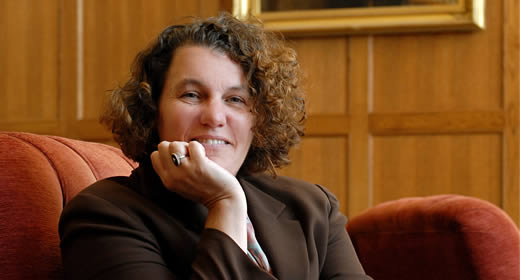
In her latest piece for the Brookings Institution, Susan Dynarski writes on the benefits of providing universal SAT and ACT testing, arguing their usefulness towards detecting academically talented students who typically “fall off the path to college.”
Dynarski’s report, “ACT/SAT for all: A cheap, effective way to narrow income gaps in college,” enumerates the “many logistical hurdles” that discourage low-income students from applying to colleges and universities. Missing key deadlines or failing to take a required class often serve as disqualifiers for students with less resources, preventing low-income high achievers from continuing their academic careers.
However, Dynarski points to mounting evidence displaying the benefits of eliminating these hurdles and providing these standardized tests for free in schools. Dynarski writes that a dozen states now provide the SAT or ACT for free during school hours. These tests are allowed to replace the standardized testing students would otherwise be required to take, quelling the backlash against over-testing.
Dynarski uses the state of Michigan as an example; after a 2007 mandate that schools administer the ACT to high school juniors, “the share of Michigan high school students taking a college entrance exam rose from 54 percent to nearly 99 percent.” That growth was even more pronounced among low-income students, as only 35 percent were previously taking a college entrance exam prior to the mandate. The policy, studied by University of Connecticut assistant professor Joshua Hyman (PhD ‘13), revealed dramatic increases in college-ready, low-income students. Research conducted in Maine, Illinois, and Colorado corroborates the lessons learned in Michigan.
Dynarski cautions against viewing universal testing as a panacea. Nonetheless, the “small, discernible increases in college attendance” in tandem with its cost-effectiveness prove its worth for underprivileged students. “A universal test opens the door to more effective, targeted efforts to draw talented, disadvantaged students into college,” writes Dynarski. “Universal and free testing can help to level the playing field, uncovering disadvantaged students who can benefit from college.”
— By Larry Sanders (MPP ‘18)
